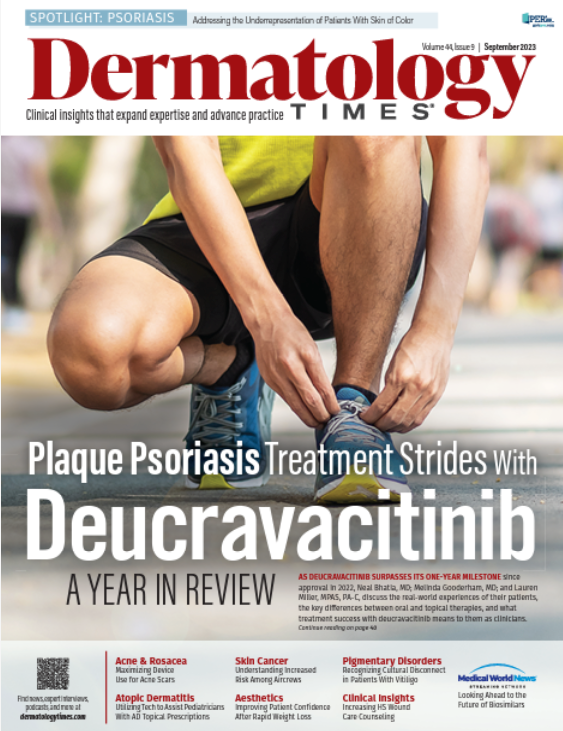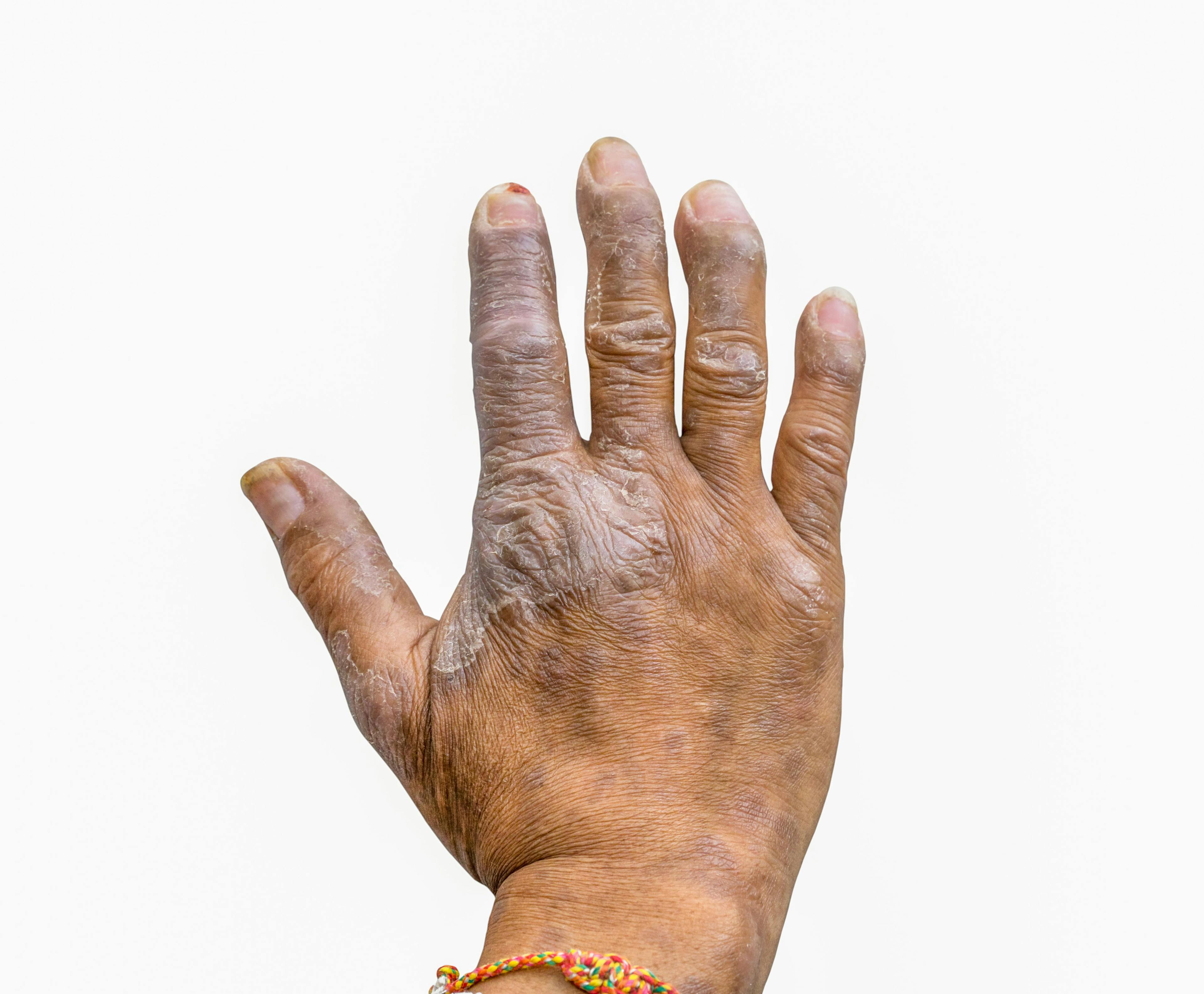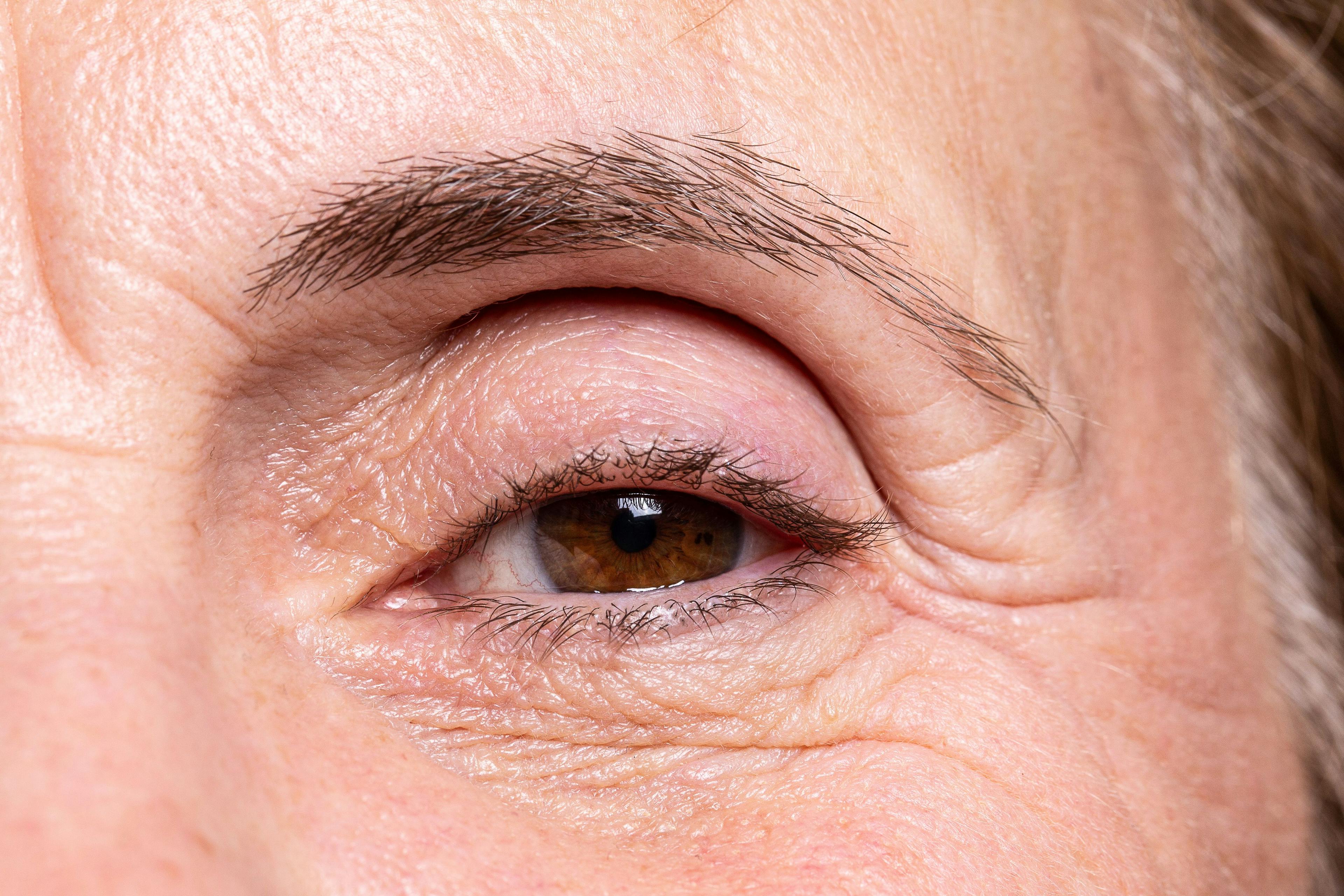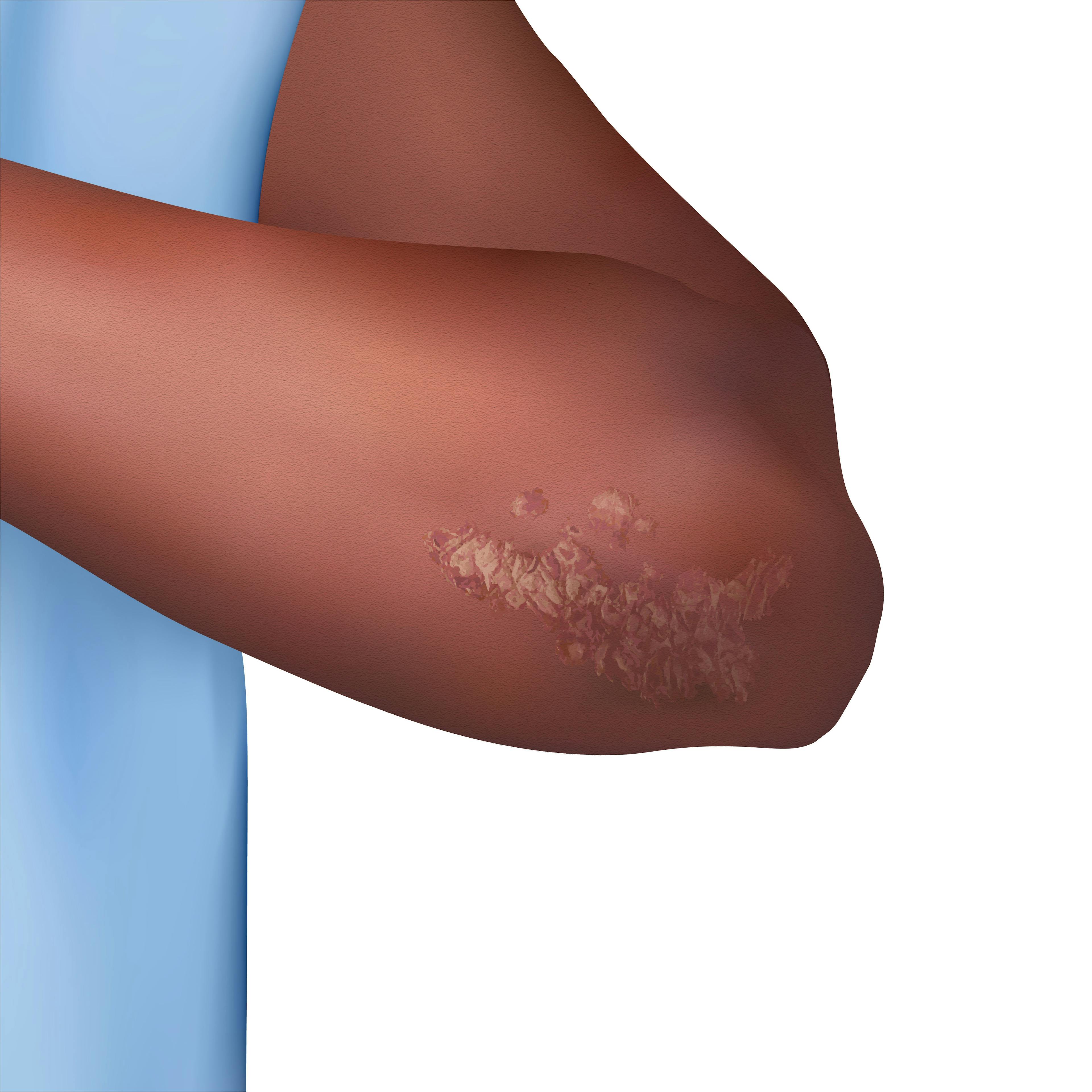- Acne
- Actinic Keratosis
- Aesthetics
- Alopecia
- Atopic Dermatitis
- Buy-and-Bill
- COVID-19
- Case-Based Roundtable
- Chronic Hand Eczema
- Chronic Spontaneous Urticaria
- Drug Watch
- Eczema
- General Dermatology
- Hidradenitis Suppurativa
- Melasma
- NP and PA
- Pediatric Dermatology
- Pigmentary Disorders
- Practice Management
- Precision Medicine and Biologics
- Prurigo Nodularis
- Psoriasis
- Psoriatic Arthritis
- Rare Disease
- Rosacea
- Skin Cancer
- Vitiligo
- Wound Care
Publication
Article
Dermatology Times
Taking a Proactive Approach to Aging
Author(s):
In this month's letter from the Editor in Chief, Zoe Diana Draelos, MD, explains why aging is a culmination of disease processes and that more steps should be taken to address aging.
The concept of aging is complex, multifactorial, and poorly understood. In dermatology, we deal with the most obvious signs of aging related to skin appearance. Every day, the mirror documents skin aging in detail for all. The problem is that we have no treatments for aging. Why? Because, according to the US Food and Drug Administration, aging is not a disease. I would argue that aging is the culmination of all disease processes. Coronary artery disease is aging of the heart. Osteoporosis is aging of the bones. Dementia is aging of the brain. Diabetes is aging of the pancreas. Most persons develop a constellation of systemic issues over a lifetime, which are collective aging of the organism. However, these are the end stages of aging, where disease is present. What about the early stages of aging, where prevention is possible and disease could be averted? Medicine would be a different undertaking if patients were administered preventive procedures and drugs.
Zoe Diana Draelos, MD

Last week, I saw a healthy male patient aged 45 years who noted in his medical history that he had a grandfather and father who both had developed severe macular degeneration. I asked him about his diet, and he related that he largely ate rice and chicken, neither of which contains the carotenoid lutein, which is important in preventing oxidative damage to the retina. I mentioned that he should increase his intake of carotenoid-containing foods including tomatoes, watermelon, carrots, and egg yolks or he would probably develop macular degeneration. Developing novel tests and devices that address body deficiencies early, especially in the realm of vitamins and antioxidants, would optimize nutrition and health. We know what the minimum recommended daily allowance is based on required food labeling, but we do not know what the sex- and age-adjusted optimum recommended daily allowance might be. We no longer see patients with scurvy from vitamin C deficiency in dermatology, so the minimum daily allowance recommendations are working, but we do not know what the optimum vitamin C intake is for preventing oxidative damage that results in the skin prewrinkle. Imagine if we could treat the prewrinkle. Dermal collagen loss could be addressed early in the aging process and oral antioxidant intake and topical antioxidant use could more effectively intervene. Evaluating vitamin C levels is essential because vitamin C supplies vitamin E with an electron to quench reactive oxygen species on a continuous basis when exposed to UV radiation.
We need to make aging of body organs a disease so that prescription and OTC drugs and tests can be created to address the prefunctionality loss. The delivery of medicine would be much more effective at the predisease state and the outcomes far superior, but there needs to be a regulatory approval route for devices and drugs that address the aging organ prior to disease onset. Medical costs would plummet as humans reached maturity with fewer signs and symptoms of aging, which represent disease. Because dermatology is the most visual specialty in medicine, treating the predisease state is possible. Further, dermatology allows easy assessment as to the success of the treatment. Creating a pathway for approval of prescription and OTC drugs and devices addressing the predisease state would propel dermatology into the next generation of therapy; however, we first must recognize that aging is a disease.
Zoe Diana Draelos, MD, is a consulting professor of dermatology at Duke University School of Medicine in Durham, North Carolina, and editor in chief of Dermatology Times.

Newsletter
Like what you’re reading? Subscribe to Dermatology Times for weekly updates on therapies, innovations, and real-world practice tips.


























